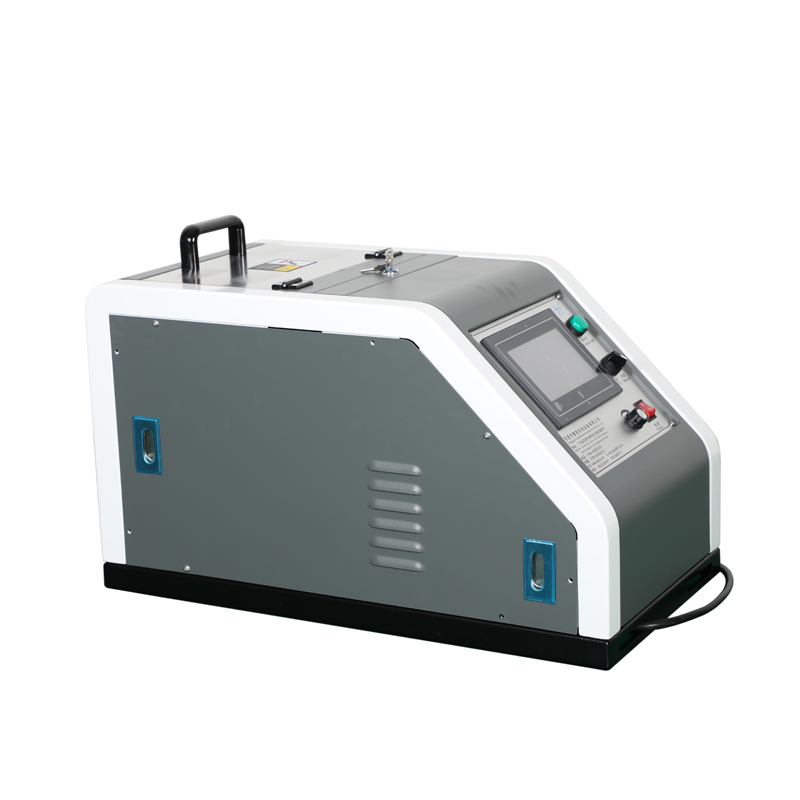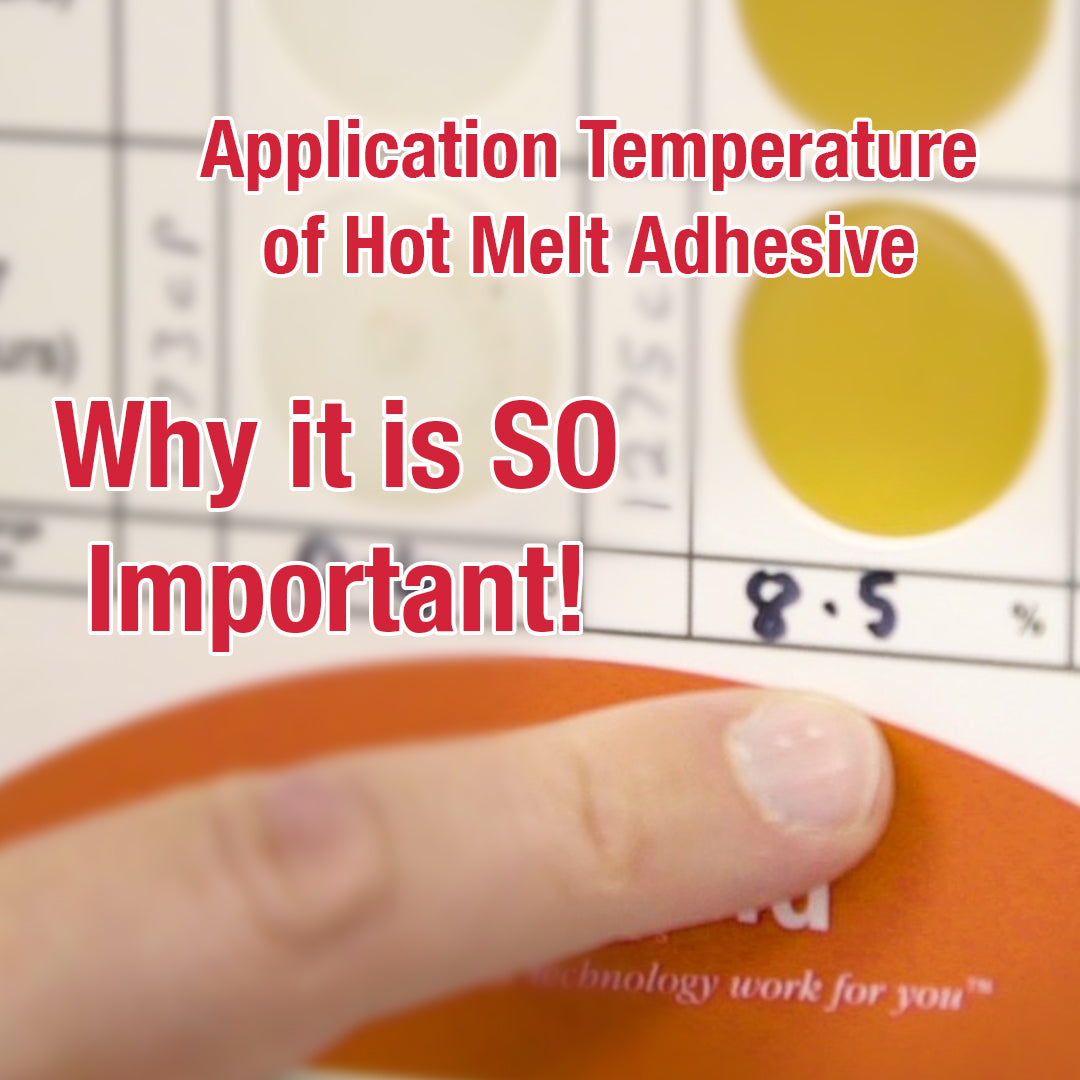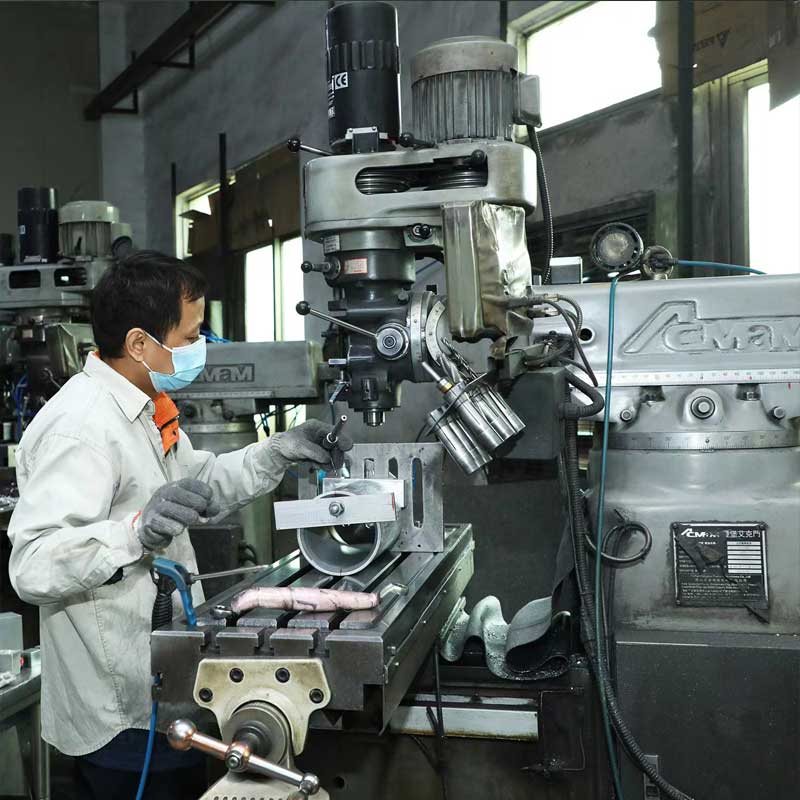
Will the Temperature Affect the Use of the Hot Melt Adhesive Machine?
2025-11-20 10:25As global manufacturing demands continue to rise, the stability and efficiency of adhesive equipment have become decisive factors in production quality. Among these, the hot melt glue machine, also known as the Hot Melt Adhesive Machine, plays an increasingly vital role in packaging, hygiene products, electronics, automotive parts, and modern lamination processes. Yet a frequently overlooked question continues to trouble many manufacturers: Does temperature really affect the use of a hot melt machine? And if so, how should factories respond?
This article offers an in-depth exploration of temperature influence, industry data, and the technological advantages of Dongguan Saipu Electromechanical Device Co., Ltd., a leading manufacturer in the field of hot melt glue machinery. It also examines how the company integrates innovation and advanced engineering to deliver stable, efficient, and reliable bonding solutions worldwide.

1. Industry Background: Temperature—A Hidden Factor Behind Glue Performance
While hot melt adhesives rely on heating to reach their ideal viscosity, environmental temperature, glue tank temperature, and hose temperature all directly impact how a hot melt glue machine delivers adhesive. Improper temperature control may cause:
Glue stringing or dripping
Inconsistent adhesive viscosity
Poor bonding strength
Reduced operating speed
Increased maintenance needs
In sectors such as carton packaging, mask production, electronics assembly, filter manufacturing, and garment bonding, temperature sensitivity is especially critical. A small deviation can disrupt the entire workflow of an industrial hot glue machine, causing both material waste and production delays.
Dongguan Saipu Electromechanical Device Co., Ltd., with its strong R&D foundation and advanced engineering capabilities, has been at the forefront of solving these issues. Through precise temperature monitoring and stable heating systems, the company’s hot melt glue applicator machine series ensures consistent performance even under challenging temperature variations.

2. Why Temperature Matters for a Hot Melt Adhesive Machine
1. Adhesive Viscosity Stability
Different adhesives require different melting ranges. If the temperature drops too low, the adhesive may thicken, causing poor coating flow. If too high, it may degrade, carbonize, or produce smoke.
2. Bond Strength and Durability
The performance of a hot melt machine depends on its ability to maintain a uniform adhesive layer. Temperature fluctuations may cause uneven bonding, affecting the structural integrity of packaging, filters, footwear, or textiles.
3. Equipment Longevity
Overheating can shorten the life span of heaters, hoses, and pumps, reducing the operational lifespan of an industrial hot glue machine.
4. Production Efficiency
Poor temperature control may slow application speed, especially in high-output sectors like disposable hygiene product manufacturing, automotive sealing, book binding, and tape coating.

3. Industry Analysis: Temperature Control Trends in 2025
| Index | Data | Industry Insight |
|---|---|---|
| Global market demand for hot melt machinery | 12.5% annual growth | Driven by packaging + hygiene products |
| Temperature-related equipment failures | 28% of total failures | Mostly improper temperature setting |
| Adoption rate of smart temperature controllers | 63% | Expected to reach 80% by 2027 |
| Glue degradation caused by overheating | 18% of adhesive waste | Common in low-end machines |
| Customer satisfaction for stable-temperature models | 92% | Clear preference for consistency |
| Automation level in Hot Melt Adhesive Machine market | 70% | Trending toward fully integrated control |
These numbers reveal that temperature stability has become the primary competitive factor for the global hot melt glue applicator machine market.
4. The Saipu Advantage: Precision Engineering Meets Practical Application
Dongguan Saipu Electromechanical Device Co., Ltd. has spent years refining its core technologies to ensure each hot melt glue machine meets industrial-grade expectations. With a professional team of engineers, the company integrates:
Precise PID temperature control systems
Energy-efficient heating modules
Intelligent glue delivery mechanisms
Stable pump structures
Easy-maintenance design
Its Hot Melt Adhesive Machine products are used across packaging, electronics, automotive sealing, garment bonding, medical protection, book binding, air filter manufacturing, shoe-making, and more.
For scenarios requiring uninterrupted high-speed operation—such as diaper assembly, beverage carton sealing, surgical gown lamination, and car lamp manufacturing—Saipu ensures that every industrial hot glue machine maintains stable adhesive output regardless of external temperature fluctuations.

5. When Temperature Affects the Hot Melt Glue Applicator Machine
The following scenarios are common:
1. Winter Low-Temperature Environments
Glue becomes viscous → pump load increases → coating becomes uneven.
Solution: Increase preheating time and insulate hoses.
2. High-Humidity Workshops
Moisture may interact with reactive hot melt materials.
Solution: Maintain ventilation and use sealed glue tanks.
3. High Summer Temperatures
Adhesive may overheat in standby mode, reducing quality.
Solution: Use automated temperature calibration in the hot melt machine.
4. Large Workshops with Poor Insulation
Temperature fluctuation causes inconsistent glue output.
Solution: Adopt constant-temperature control Hot Melt Adhesive Machine systems.
6. FAQ: Temperature & Hot Melt Machinery
Q1: Will cold weather affect glue output?
Yes. Low temperatures thicken adhesives, reducing flow accuracy.
Q2: Can a Hot Melt Adhesive Machine automatically regulate temperature?
Saipu’s machines include precision control modules that adjust temperature in real time.
Q3: Will overheating damage adhesives?
Continuous high temperature may cause carbonization and shorten the adhesive’s usable life.
Q4: How often should the hot melt glue applicator machine be calibrated?
Typically every 3–6 months depending on production intensity.
Q5: Does temperature affect industrial hot glue machine pumping speed?
Absolutely. Improper temperatures can slow pumping, especially in high-viscosity adhesives.
7. Conclusion: Controlling Temperature Means Controlling Product Quality
Temperature is not just a parameter—it is the invisible force shaping glue performance, bonding strength, equipment lifespan, and overall production stability. Whether in packaging, filters, hygiene products, electronics, or automotive manufacturing, stable temperature control in a hot melt glue machine is critical for high-quality output.
Dongguan Saipu Electromechanical Device Co., Ltd. delivers not only advanced equipment but also peace of mind. With innovation-driven engineering and customer-first values, the company provides reliable, efficient, and long-lasting solutions across its entire Hot Melt Adhesive Machine lineup.
8. Call to Action
If you want to improve bonding precision, reduce glue wastage, eliminate temperature-related failures, and upgrade production efficiency:
🔥 Choose a more intelligent, more stable, and more durable hot melt glue applicator machine.
🔥 Choose advanced hot melt machine solutions designed by Saipu.
